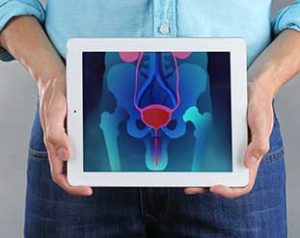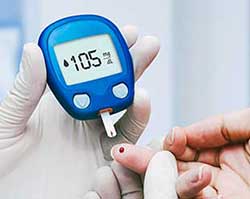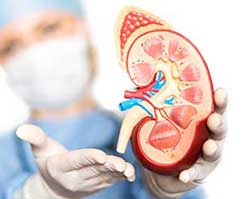Consult City's Top Doctors, The Minute You Need To
First Consultation starting
@ ₹249 ₹499
14261
General Physicians
5337354
Cases done
by General Physicians
2248
Hospitals
Nasal Blockage or Congestion: A Handy Guide
About
Inability to breathe and pass air through nasal passages due to a stuffy or blocked nose
Very common
- Caused by inflamed blood vessels
- Triggered by any of these: cold, flu, sinusitis, allergies, deviated septum, polyps etc.
- Affects both adults and children
- Can be short-term or chronic
- May also occur during pregnancy, around the end of the first trimester due to hormonal fluctuations.
A blocked nose is caused by swelling of nasal, adjacent tissues and blood vessels with excess fluid. It is generally not painful but can be aggravating for children whose sleep is compromised and infants who may not be able to feed because of the congestion.
Ages affected all age groups.
Symptoms:
Self-diagnosable, requires professional opinion for an advanced diagnosis
Symptoms include stuffy or a runny nose, mucus buildup, sinus pain, difficulty breathing through nose, pain in forehead and under eyes. Requires seeing a doctor if symptoms last for more than 10 days or are accompanied by fever.
People may experience
Pain areas: In the forehead, or under the eyes
Nasal discharge: Runny, stuffy nose, yellow/greenish mucus
Fever
Bad breath
Swelling: In the sinus passages if caused by sinusitis
Treatments
Treatment depends on the underlying cause. After the doctor has given the diagnosis, the treatment plan is recommended. Treatment ranges from over the counter or prescription medication and self-care.
Self-Care: Use humidifier or vaporizer to moisten the membranes, take long showers, inhale steam from warm water. Keep hydrated to thin out the mucus. Other remedies include nasal saline spray, applying a warm towel on the face, or using a neti pot.
Medications: Decongestants relieve pressure in the nasal passages and are available both as sprays(naphazoline or phenylephrine) or pills(phenylephrine or pseudoephedrine). Antihistamines are used when congestion is caused by allergies. Pain-relievers such as acetaminophen, ibuprofen, and naproxen are used to alleviate the pain.
Specialists: ENT specialists
Consult a doctor to identify the underlying reason for blockage and get appropriate treatment.
Contact us at Mfine, if you would like to know further about this condition or find out more about leading a healthy life.
Other Specialities
Give a missed call to 08061914343 to Download the App
































